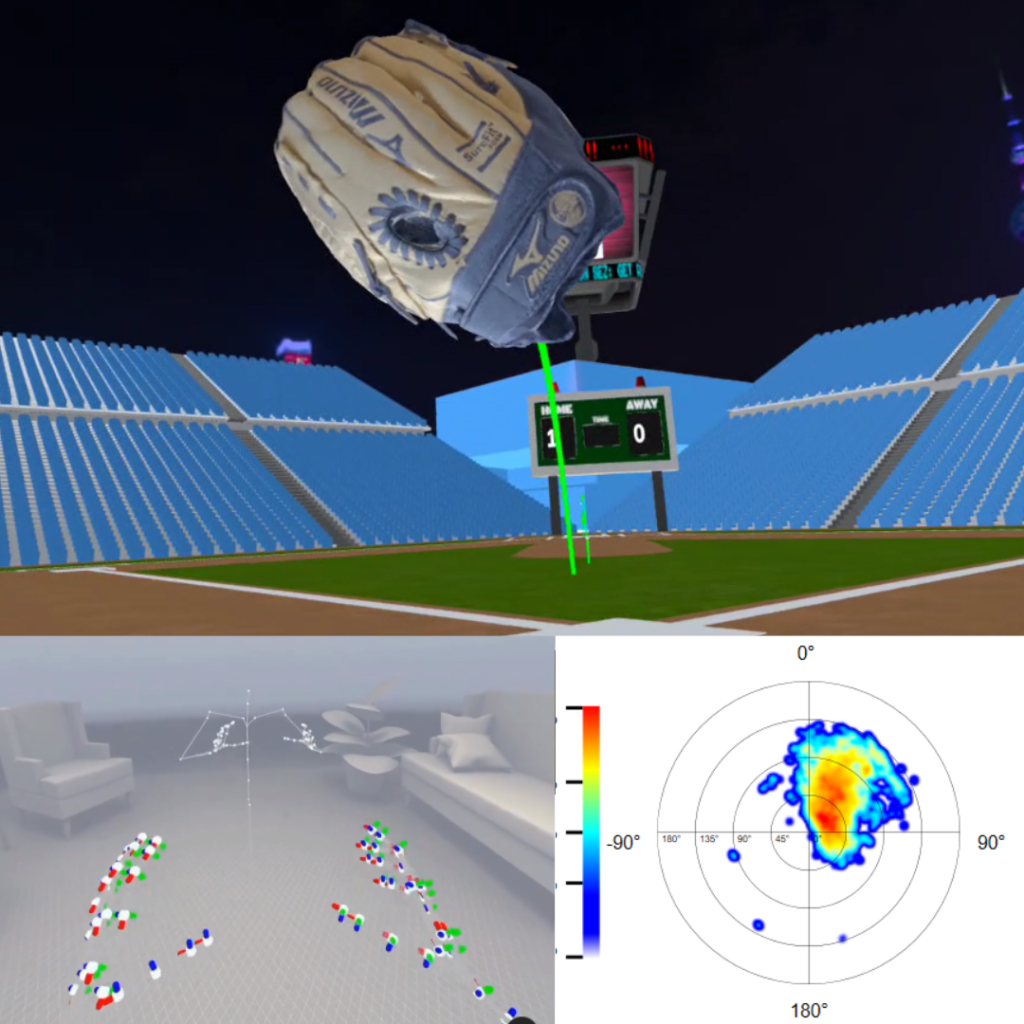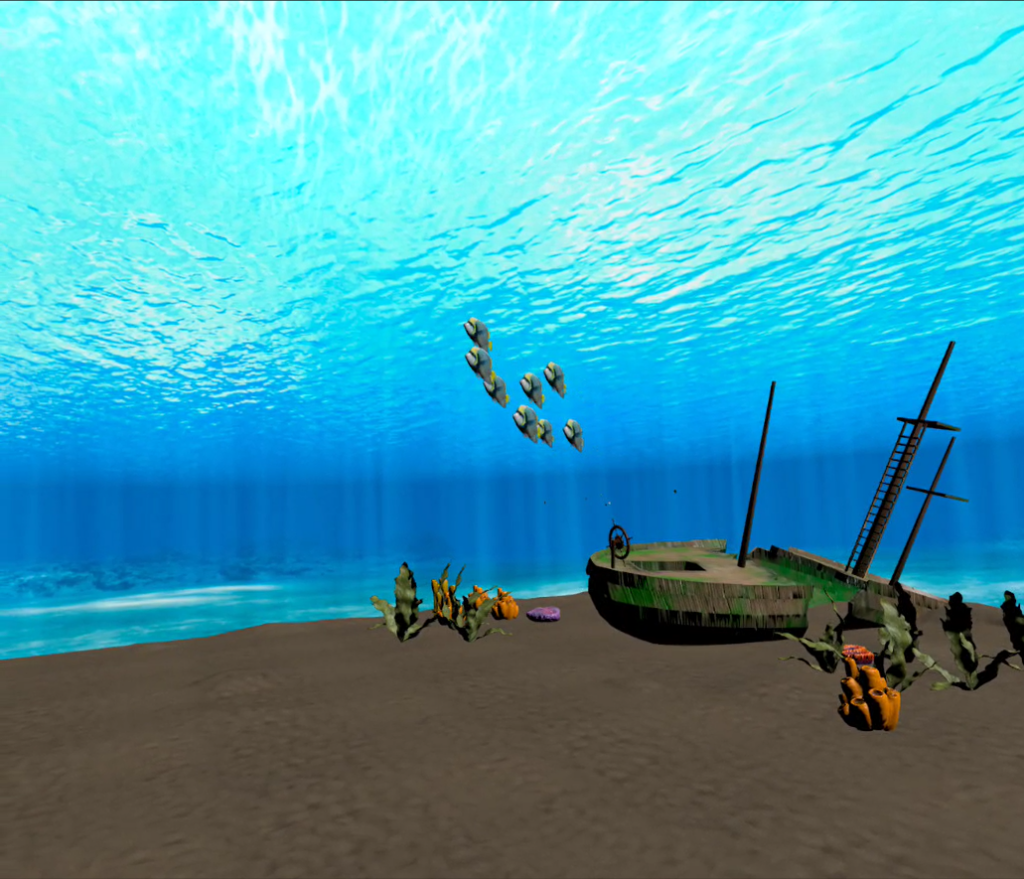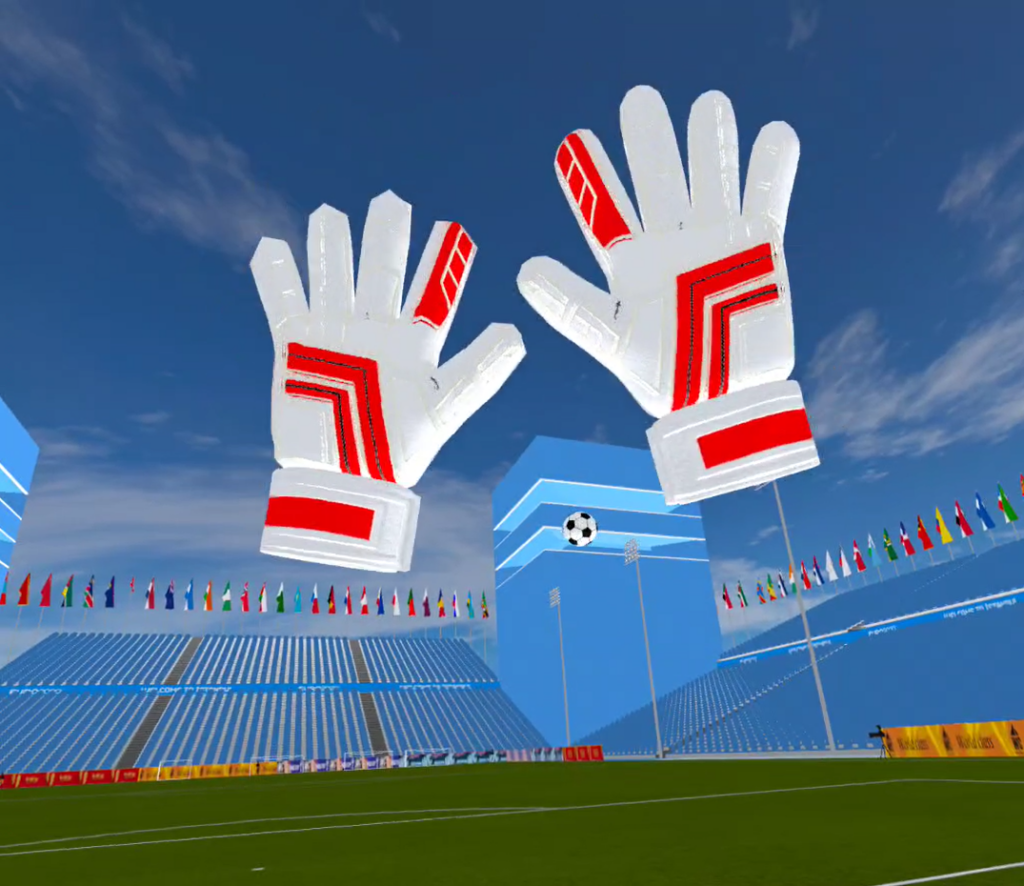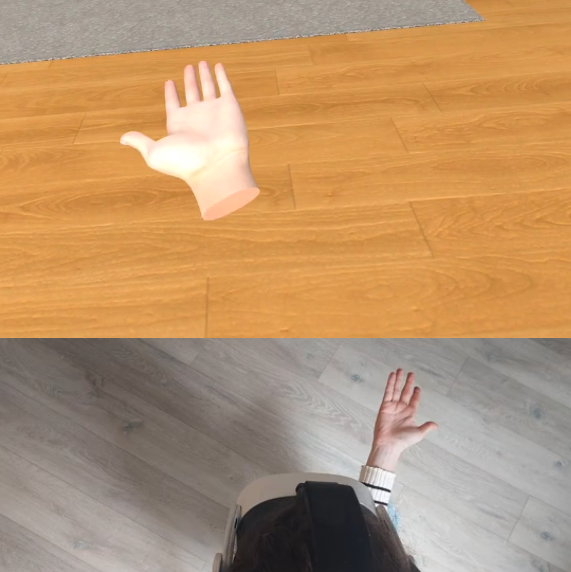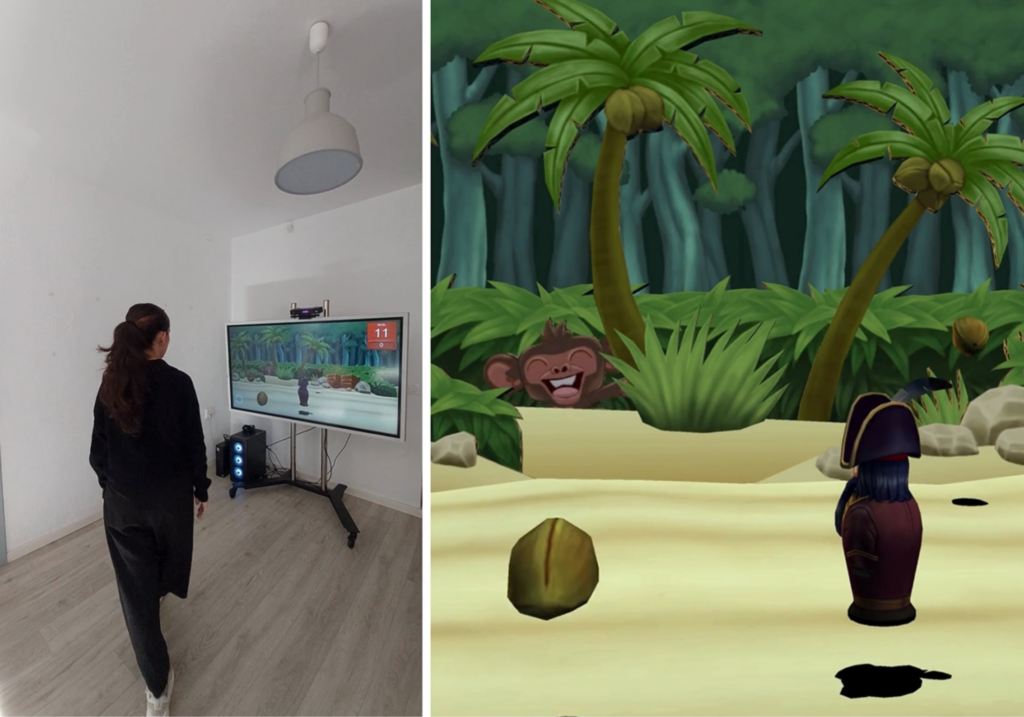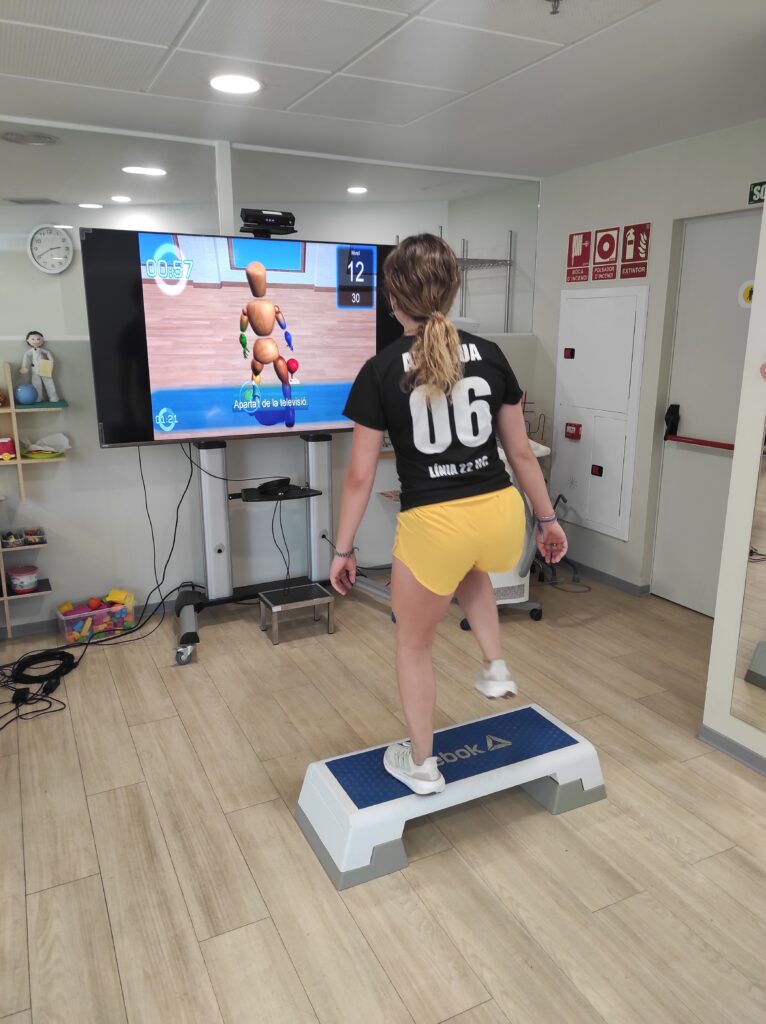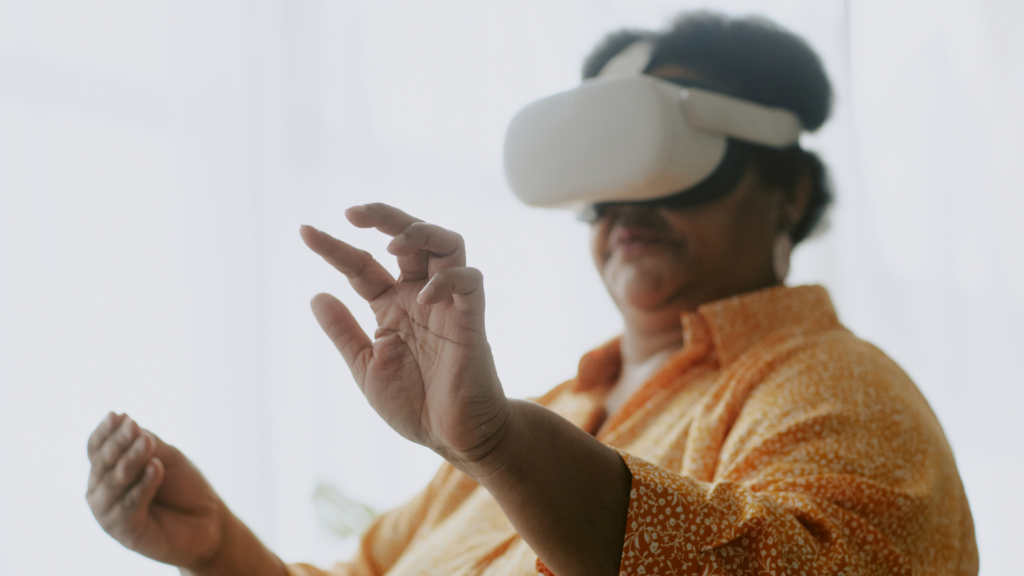Reports and measurements with virtual reality
Reports and measurements with virtual reality The use of virtual reality in rehabilitation sessions is becoming increasingly widespread in clinics, hospitals and other centers. That is why at Rehametrics we innovate and design tools such as reports and measurements with virtual reality. The task of making an individualized rehabilitation report can be individualized rehabilitation report […]
Reports and measurements with virtual reality Read More »
